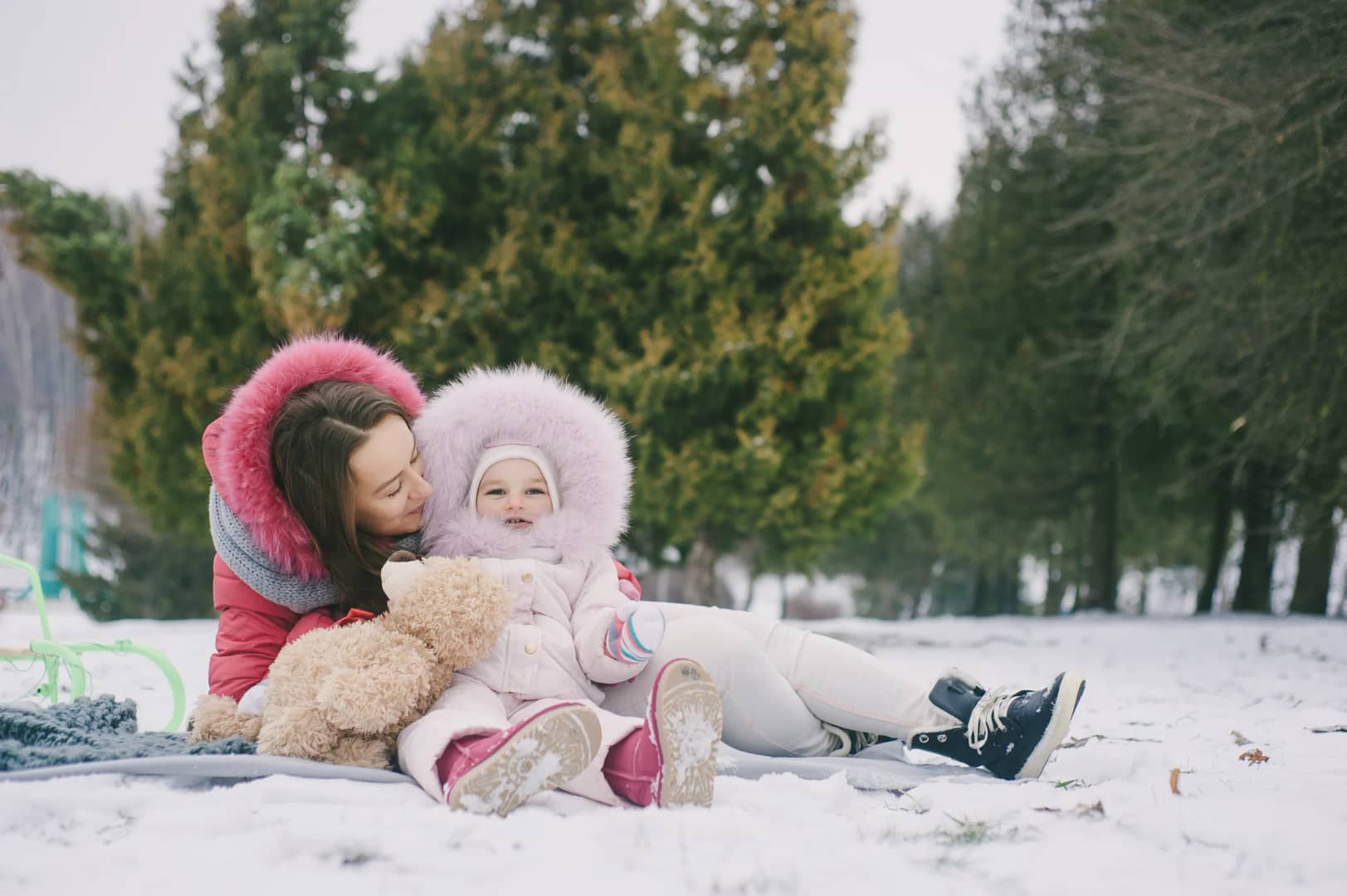Are your kids usually excited about travelling but occasionally feel overwhelmed by the many new experiences? Have you considered that they might be dealing with travel anxiety?
A 2020 study by Kidz World Travel found that many parents feel their children’s anxiety about travel has increased over time, with 79% saying their child’s travel anxiety is ‘much worse’ or ‘worse’ compared to five years ago.
The study also revealed that the most common travel anxiety among children aged 2-16 is a fear of flying, with 71% of kids feeling uneasy about it. Additionally, 45% of children expressed anxiety about staying in hotels, while 44% reported feeling anxious about long car rides.
Just like adults, kids can experience travel anxiety too. Fortunately, as a parent, there are ways you can help your children manage this common anxiety.
In this article, we’ll explore the signs of travel anxiety and offer practical tips to help your kids feel more at ease and secure when they’re away from home.
Understanding Travel Anxiety.
Travel anxiety occurs when a child becomes overly worried or nervous about traveling, which can lead to physical symptoms like stomachaches, headaches, trouble sleeping, difficulty concentrating, and a general sense of unease.
This anxiety often arises from unfamiliarity with the destination, fear of the unknown, or discomfort with being away from the familiar routines of home.
Signs of Travel Anxiety in Children.
Common signs of travel anxiety in children include:
Sudden reluctance to travel by car, plane, or train
Specific fears related to the trip, such as flying or being away from home
Changes in sleep patterns leading up to the trip
Increased irritability or crankiness before and during the journey
Withdrawal from family members or friends
Feeling overwhelmed by new or unfamiliar environments
Decreased appetite or difficulty eating
Reluctance to leave the hotel room
Physical symptoms like stomachaches or headaches
Trouble concentrating or staying engaged with activities.
How Parents Can Help Alleviate Travel Anxiety in Children.
Talk About the Trip in Advance:
- Explain where you’re going, how long it will take, and what to expect.
- Use maps or pictures to show the destination and route.
Engaging your kids in the planning process can help them look forward to the trip. Discuss the details of the journey with them, including the mode of transportation, the destinations you’ll visit, and the activities you have planned. This information can make them feel more at ease and confident about the upcoming travel experience.
Pack Comfort Items:
- Bring along a favorite toy, blanket, or stuffed animal that provides comfort.
- Have familiar items that your child associates with home and safety.
Plan Entertainment:
- Pack a variety of activities like books, coloring supplies, puzzles, or electronic games.
- Download movies, shows, or music that they enjoy.
Establish Expectations.
Ensure your kids know what is expected of them during the trip. Explain the importance of staying seated, following rules, and showing respect to other passengers and staff. Understanding these expectations can help ease their anxiety.
Snacks and Meals:
- Pack healthy snacks and drinks to keep them satisfied and avoid hunger-related crankiness.
- Familiar foods can also be comforting.
Discuss It.
Discussing the situation with your kids is crucial for helping them overcome travel anxiety. If your child is concerned about a specific aspect of the journey, address their worries and provide reassurance. Explain the distance of the trip, the expected duration, and the safety measures in place during travel to help them feel more secure.
Breaks and Movement:
- Plan regular breaks if possible, so your child can stretch and move around.
- For air travel, encourage the
Maintain a Positive Outlook.
When discussing the trip, focus on the positive aspects. Highlight the fun experiences and exciting adventures ahead to foster a positive outlook. This approach can help shift their mindset away from negative thoughts and reduce anxiety.
Involve Them in Packing:
- Let your child help pack their bag with toys, snacks, and activities they like.
- This gives them a sense of control and excitement.
Distraction Strategies.
If your child is feeling very anxious, try using distraction techniques like deep-breathing exercises or mindfulness activities. These methods can help shift their focus away from their worries and provide some mental relief.
Establish a Routine:
- Try to keep a routine similar to home, like bedtime routines or meal times.
- Familiarity can help reduce anxiety.
Calm Body Scan.
This exercise guides children in recognizing and noticing different parts of their body and the sensations they feel. It helps them become more aware of their physical selves, promoting a sense of connection and calm.
Quiet Sitting.
This exercise encourages children to focus on their breath, remain still, and be mindful of their surroundings. It helps them observe their thoughts and feelings without judgment, fostering greater mindfulness of the present moment.
Practice Relaxation Techniques:
- Teach them simple breathing exercises or visualization techniques.
- Use calming apps or soothing music during the trip.
Mindful Walking.
This exercise involves walking slowly and attentively, encouraging children to notice their surroundings, such as the sounds and scents they encounter. It helps them practice observing their thoughts without judgment and fosters greater awareness of their environment.
Stay Positive and Reassuring:
- Maintain a calm and positive attitude about the journey.
- Reassure them that it will be an adventure and that you’ll be together.
10. Surprise Elements:
- Bring small surprises like a new toy or book to keep them entertained.
- The excitement of something new can help distract from the length of the journey.
Traveling with children can be challenging, but with proper preparation and planning, it can become a positive and enjoyable experience. By implementing these tips, you can help your kids manage their travel-related anxieties effectively.








